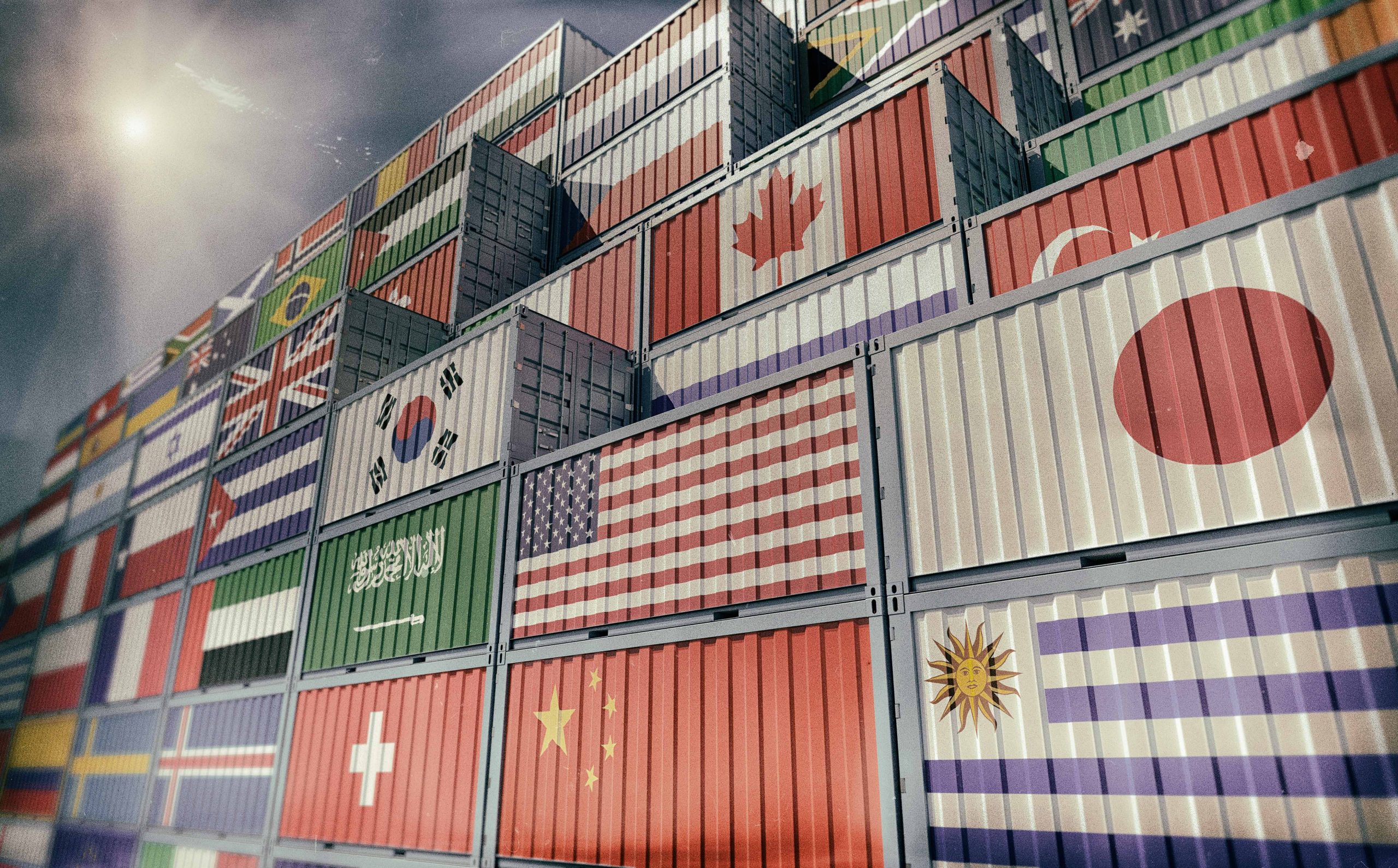How to Export Sand from Nigeria: Step-by-Step Guide
How to Export Sand from Nigeria: Step-by-Step Guide
There are many different reasons why you might want to export sand. For example, if you own a building company and need sand for concrete, importing is your only option. However, if you are using the sand as an ingredient in cooking or baking, or just want to collect it for souvenirs or to give as gifts, exporting is your best option.
If this is something that interests you, keep reading! This article will teach you everything you need to know about exporting sand from Nigeria. From how much it costs to the specific documents needed for transport, learn more about what it takes here.
What is sand?
Sand is a natural material derived from the ground. It is classified based on its size, which can vary from very tiny particles to coarse chunks. There are many places that have sand, but it is especially common in desert areas.
The term “sand” encompasses different types of soil, including silica, quartz, and mica. It is found in nearly every part of the world.
Where is sand found?
Sand is most often found in deserts, beaches, and riverbeds. However, sand can also be found in mines. These mines are typically located in areas like Nigeria.
The sand is mined and then shipped to the buyer.
The sand is then usually used in construction or home improvement projects. It can also be used in cooking or baking, or the sand can be collected as souvenirs or given as gifts.
There are many different ways sand can be used. It all depends on your specific needs.
Why might you need to export sand from Nigeria?
There are many reasons why you might choose to export sand. For example, if you own a building company and need sand for concrete, importing is your only option. However, if you are using the sand as an ingredient in cooking or baking, or just want to collect it for souvenirs or to give as gifts, exporting is your best option.
If this is something that interests you, keep reading! This article will teach you everything you need to know about exporting sand from Nigeria. From how much it costs to the specific documents needed for transport, learn more about what it takes here.
Another reason it might be worth taking the time to export sand is if you want to import it. Nigeria has many different types of sand to offer, so if you’re looking for a specific type of sand for cooking or other purposes, exporting is worth considering.
If you are planning on importing sand, it’s important that you be aware of the country of origin. Nigeria has many different types of sand, so keep in mind that not all sands are created equal. If you’re looking for a specific type of sand for cooking or other purposes, exporting is worth considering.
If you don’t live in a desert
If you don’t live in a desert, importing sand is not an option. Export is your only option.
Nigeria has a lot of sand. However, it is illegal to export sand from Nigeria without a permit. And if you are caught exporting sand, you could face hefty fines or jail time.
This article will teach you everything you need to know about getting a permit to export sand from Nigeria and the process of exporting it.
The first step is to go to the Nigerian Customs and ask for a permit. this permit this will cost money and take about five business days.
The next step is to contact your carrier and get them to deliver the shipment to the Nigerian Customs for inspection.
Once you have cleared Customs, you will be able to export the sand!
If you are a building company or construction company
If you are a building company or construction company and need to import sand, there are a few factors you need to take into account.
First, the price of the sand is going to depend on the region it is coming from. You can expect to pay more for sand coming from the Sahara Desert in North Africa, which is a higher demand region. In contrast, you’ll be paying less for sand from a lower demand region in Nigeria.
Next, you need to figure out the transportation cost, which will depend on how far away the region is from your location. The farther away the region is, the more expensive it will be to transport the sand.
Finally, make sure you have the right documents for exporting sand from Nigeria. These will vary depending on whether or not you are importing or exporting. Make sure you know which one you’ll be doing before gathering your documents.
How much does it cost to export sand from Nigeria?
With so many different factors to consider, it can be overwhelming to estimate how much it will cost to export sand from Nigeria. However, it’s possible to narrow down an estimate.
If you’re looking to export sand from Nigeria for building purposes, the cost will be around $800 USD per ton. For other purposes, the cost will vary, but it should be anywhere from $100-300 USD per ton.
If you’re looking for a more accurate estimate, going with approximately $300 per ton is a good starting point.
However, keep in mind that this does not include other costs or fees related to the exporting process. In general, the total cost will fluctuate depending on where you’re shipping from and where you’re shipping to.
Documents needed for exporting sand
When exporting sand, the right documents are essential for transport. It is important to always have proof of ownership, proof of authorization, and proof of permission for export.
Owner’s Certificate
Before exporting sand, you will need to present a Owners Certificate that provides proof of ownership. This certificate should be issued by the Nigerian Customs Service.
Authorization
You must also have authorization from the Nigerian Customs Service before exporting sand. You can get this authorization by presenting a certificate of authorization to the Nigerian Customs Service.
Permission
You will also need to present a permit for export to the Nigerian Customs Service before exporting sand. This permit can be obtained by submitting an application to the Nigerian Customs Service.
Where do I export the sand to?
The most popular destination for sand exports is the United States. Other popular destinations include the United Kingdom, Canada, and Ireland.
There are a few things to consider before exporting sand from Nigeria. The first is the cost of shipping. The second is the cost of shipping, and the third is the cost of shipping.
If you’re interested in exporting sand from Nigeria, chances are you’re going to need to ship it somewhere.
When shipping sand, there are three main ways to transport it: by air, by sea, or by land. Depending on where you are sending your sand, one of these three methods will be more effective than the others.
An example of this is if you are sending your sand to Canada. You can either send it by land or by sea. Air travel is not an option because the sand will need to be inspected at the airport first, which will delay your shipment and make it more expensive.
This guide will explore each of these three methods, as well as the specific costs for each mode of transportation.
Conclusion
If you’re interested in exporting sand from Nigeria, the first thing you need to do is find out if there are any restrictions. You can do this by contacting your country’s customs department or researching the requirements of the country you are exporting to.
If exporting sand is allowed, you will need to invest in an export license, which can be acquired through the Nigerian Customs Service. Once you have a license, you will need to register your vehicle with the Nigerian Customs Service in order to get a seal.
Be sure to have a bill of lading for your cargo, a packing list, and a manifest to transport your cargo with. You will also need a certificate of origin, which will give information about the manufacturing and exporting company.
All in all, exporting sand from Nigeria requires a lot of paperwork and can be costly. However, when you have all of the right documents and have invested in the correct equipment, it is possible to export sand from Nigeria!








LEAVE A COMMENT
You must be logged in to post a comment.